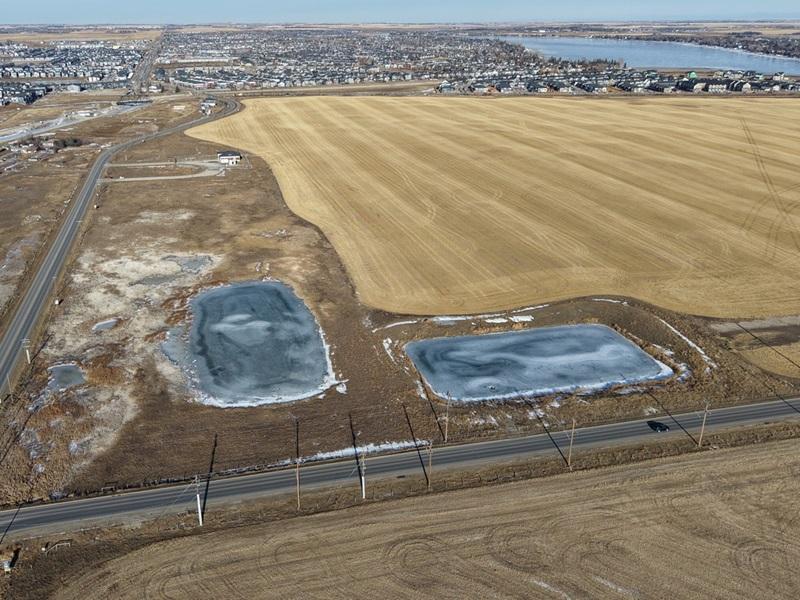
A series of housing market reports released this week show continuing challenge for both home sales and prices Canada-wide. But the national market is expected to recover in 2026, driven by years of pent-up demand and further interest rate cuts.
In a Thursday morning release, the Canadian Real Estate Association (CREA) forecast 473,093 residential properties will be sold nationwide in 2025, a 1.1 per cent decline from 2024. However, CREA anticipates national sales activity to reach 509,479 in 2026, a 7.7 per cent rise from 2025.
A similar trend is expected by CREA for home prices. The national average home price is expected to decline from $686,544 in 2024 to $676,705 in 2025, a 1.4 per cent decrease. But the association anticipates the national average price will rise by 3.2 per cent year-over-year to $698,622 in 2026.
In its September market analysis, also released Thursday, CREA found home sales fell by 1.7 per cent on a month-over-month basis. The decline was attributed to lower sales activity in Greater Vancouver, Calgary, Edmonton, Ottawa and Montreal, which offset gains in the closely watched Greater Toronto Area and in Winnipeg.
In its market forecast published Wednesday, real estate brokerage Royal LePage reported the aggregate price of a home was virtually unchanged on a year-over-year basis in Q3, rising by only 0.1 per cent to $816,500. But on a quarter-over-quarter basis, the national aggregate home price ticked down 1.2 per cent, largely due to depreciation in major markets over the summer.
“Canada’s housing market is shifting toward balance, as easing prices, rising listings and renewed rate cuts improve affordability across most regions,” Phil Soper, president and CEO of Royal LePage, said in the release accompanying its report.
“With confidence returning and further rate reductions expected into early 2026, we anticipate noticeably stronger activity by the spring.”
Market resurgence predicted for 2026
CREA’s expectation for Canada’s resale housing markets to continue a recovery it had foreseen in late 2024 was pushed back, but not cancelled, CREA said in its forecast.
In 2024, CREA predicted Canada’s resale housing markets would rebound because of pent-up demand and lower interest rates - a recovery which had appeared to be underway as of fall 2024. However, unsteady conditions caused by “tariff chaos and economic uncertainty” emerged in early 2025, complicating the forecast.
But the association noted homes sales activity has steadily climbed since March 2025, suggesting the return of buyers was likely “delayed and dampened, but not derailed.”
CREA’s optimistic forecast for the housing market in 2025 was delayed to 2026, driven by “solid upward momentum,” CREA said.
Shaun Cathcart, CREA’s senior economist, expects “further upward momentum” for home sales in Q4 and into 2026 because of three years of pent-up demand for homes and falling interest rates.
Regional trends

CREA’s expectation for the national average home price to fall by 1.4 per cent in 2025 is mainly due to decreases in British Columbia and Ontario – 3.1 per cent in British Columbia and 3.4 per cent in Ontario.
The combination of those declines and fewer sales are expected to offset price gains that range from 3.5 to 8.8 per cent in other provinces.
Home prices in Toronto and Vancouver are more than 12 per cent below the peak of pandemic pricing in the spring of 2022, Royal LePage reports in its data. On the other hand, prices continue to rise in Quebec, across the Prairies and in Atlantic Canada.
Royal LePage forecasts the aggregate price of a home in Canada will increase by one per cent in Q4, compared to the same quarter last year.
“We expect the uptick in sales that began this summer to carry through the fall, setting the stage for a brisk 2026 spring market, provided consumer confidence continues to recover,” Soper said.
“Prices are likely to tread water in the near term, as improved affordability and lower borrowing costs draw more buyers back to the table,” he continued.
Plus, employers bringing workers back to offices should create renewed demand in urban cores, Soper said, even as lower prices in suburban and rural communities continue to attract families to those areas.
Many of the housing market's core problems remain, however, according to Ownright co-founder and COO Joel Fox, including concerns about the viability of condominium developments in major urban centres.
“Affordability remains the pressure point in Canada’s housing story," Fox wrote in an email to RENX. "Even with lower rates, buyers are cautious, and developers are struggling to make new projects viable.
"We’re seeing major condo cancellations in Toronto and other big markets, which will create a lag in supply just as demand begins to recover in the years to come. The next phase of this market isn’t about prices - it’s about who can afford to build and who can afford to buy.”










